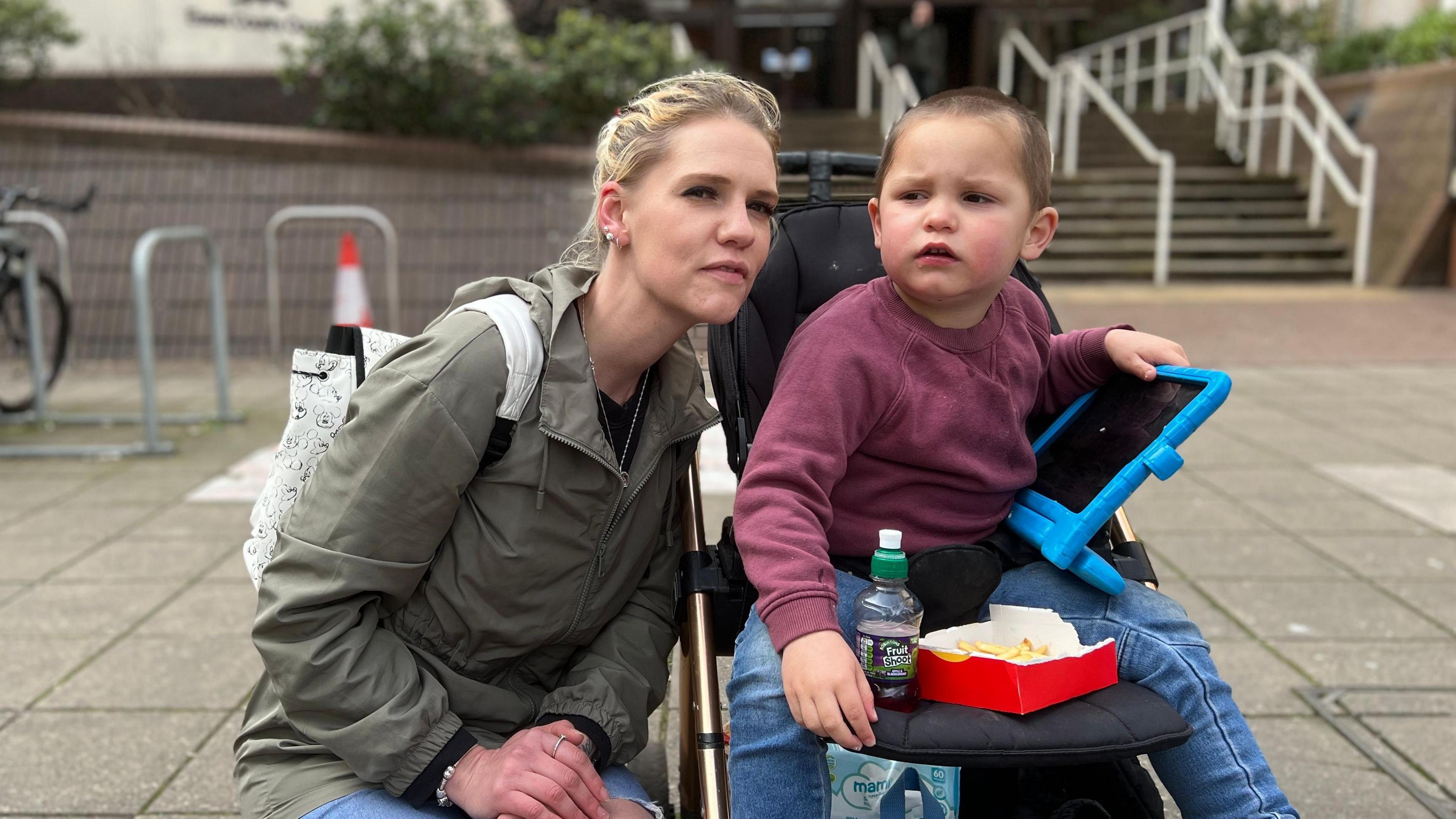Minister calls for Send investment at school visit
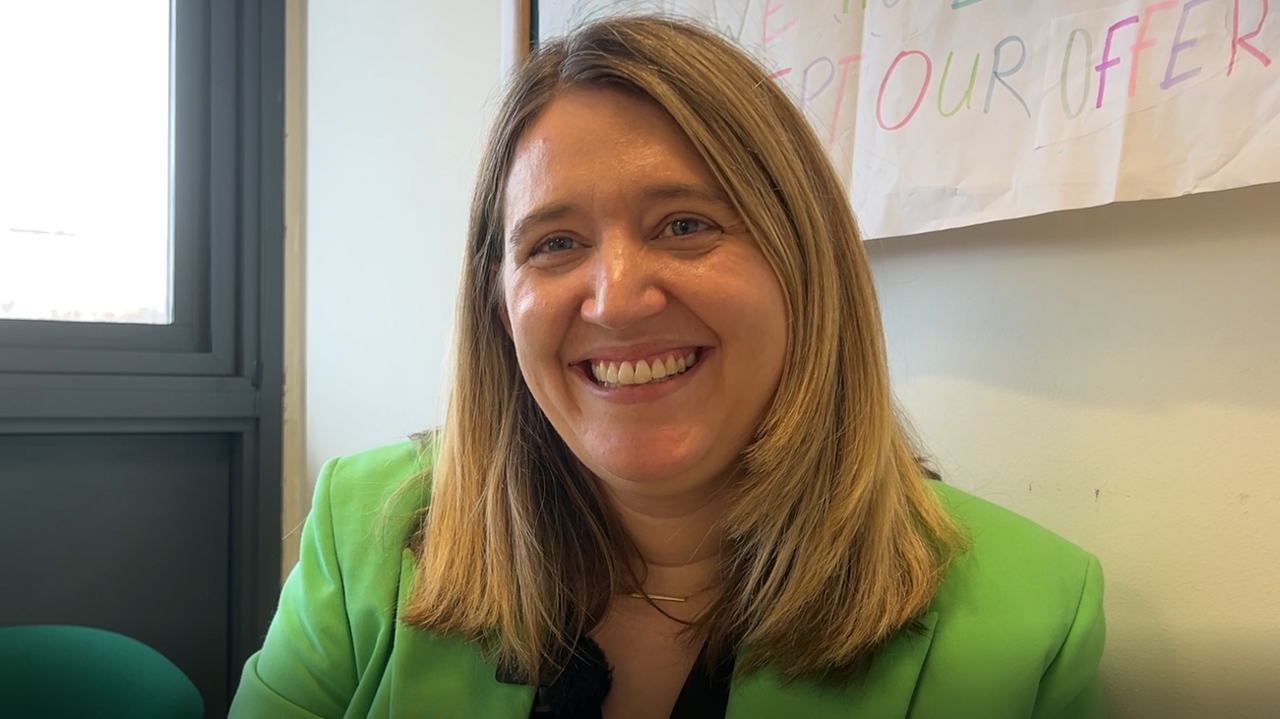
Georgia Gould says "too many families" feel like they have to "fight" for support
- Published
A senior minister has said there needs to be more investment for special educational needs provision, teacher training, mainstream provision and inclusion.
Education Minister Georgia Gould was invited to West Thurrock Academy, in Essex, last week by local Labour MP Jen Craft.
Gould said: "Too many families are feeling like they have to really fight for their children to get the support they need."
The government has delayed reforms to the sector until next year and has said its proposals need to be tested with "the people who matter most".
The number of children and young people in England with an education, health and care plan (EHCP) has increased to the highest number since they were introduced a decade ago.
Campaigners have feared the EHCP system will be scrapped as part of the reforms.
'Determined to listen'
West Thurrock Academy says 27% of its primary school pupils receive support for special educational needs and disabilities (Send).
It has received £100,000 for a small building dedicated to Send.
After visiting the school, Gould said she saw "what's possible when schools show brilliant leadership".
She said the government wanted to "ensure schools are inclusive" and that the right provision for children was in place so needs could be met earlier.
"The change we want to see is when a child is experiencing needs; [that] support is available at the earliest possible point," said the minister.
"We are really determined to listen to families and work with them to get these reforms right."
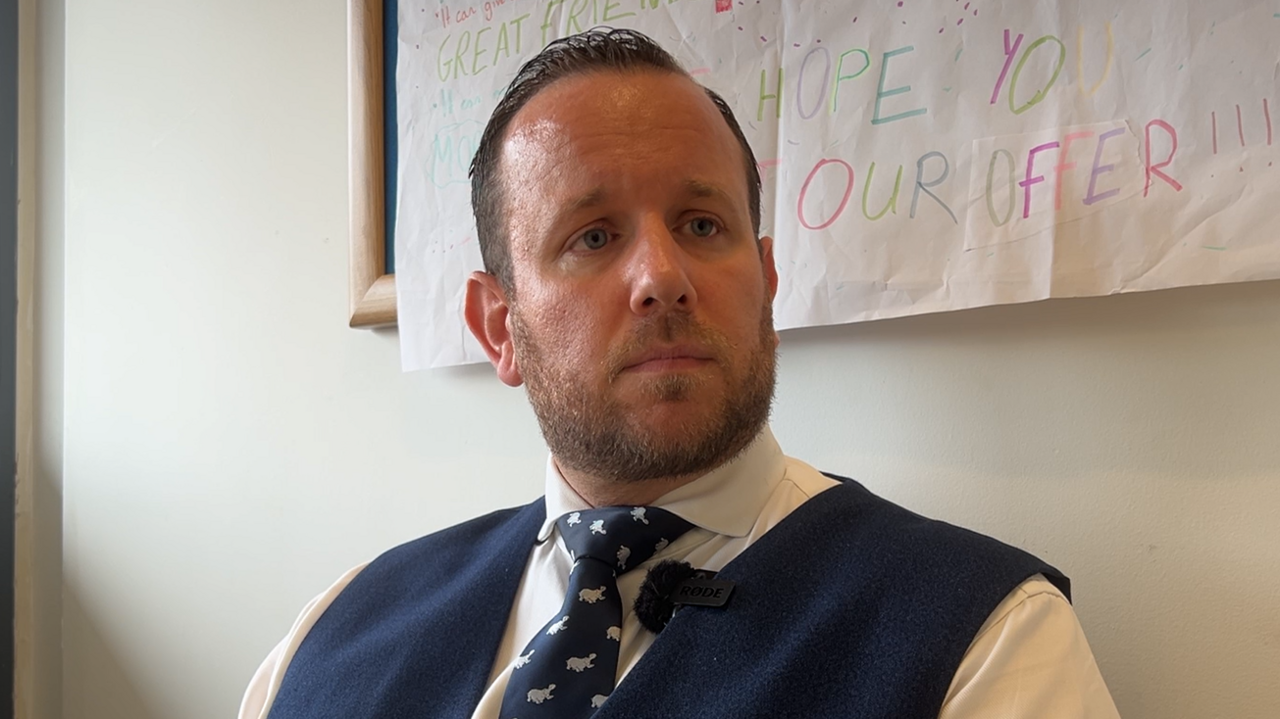
Sam Proctor said special schools were overwhelmed
School head teacher Sam Proctor said his approach to Send provision changed after his own son was diagnosed with autism.
He said: "I was able to access a lot of services through private things and means to enable him to get the support he needs.
"That gave me even more determination to realise not everyone has those opportunities.
"We have to carve a way to best meet their needs."
He said mainstream schools needed to "step up" and start being "much more inclusive".
"Special schools are overwhelmed," added Mr Proctor.
"I think it's incredibly difficult to do what we're doing for the long-term. The reality is, money is running out, good will is running out."
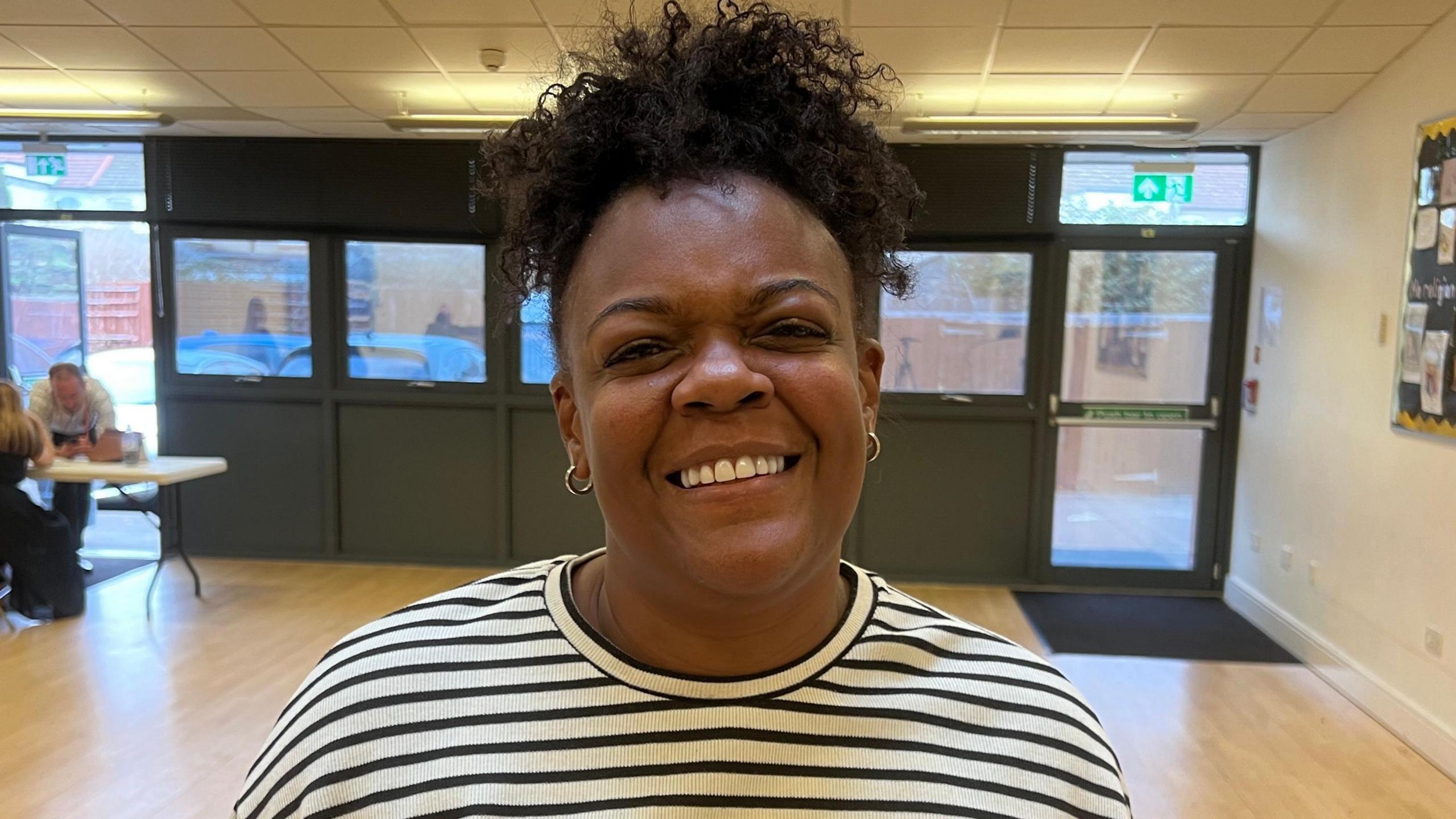
Sharleen Dacosta said there was a "stigma" that Send children were "badly behaved"
Sharleen Dacosta, from the Thurrock Family Forum, said ethnic minority families had "low engagement with services" for children with Send.
"When our children start off in school and maybe display behaviours which are not typical there is a stigma that they are badly behaved," she said.
"I think this process could be speeded up [and] that organisations start to collaborate with organisations that are diverse and bring that cultural inclusivity into their service."
Get in touch
Do you have a story suggestion for Essex?
Follow Essex news on BBC Sounds, Facebook, external, Instagram, external and X, external.
Related topics
- Published14 October
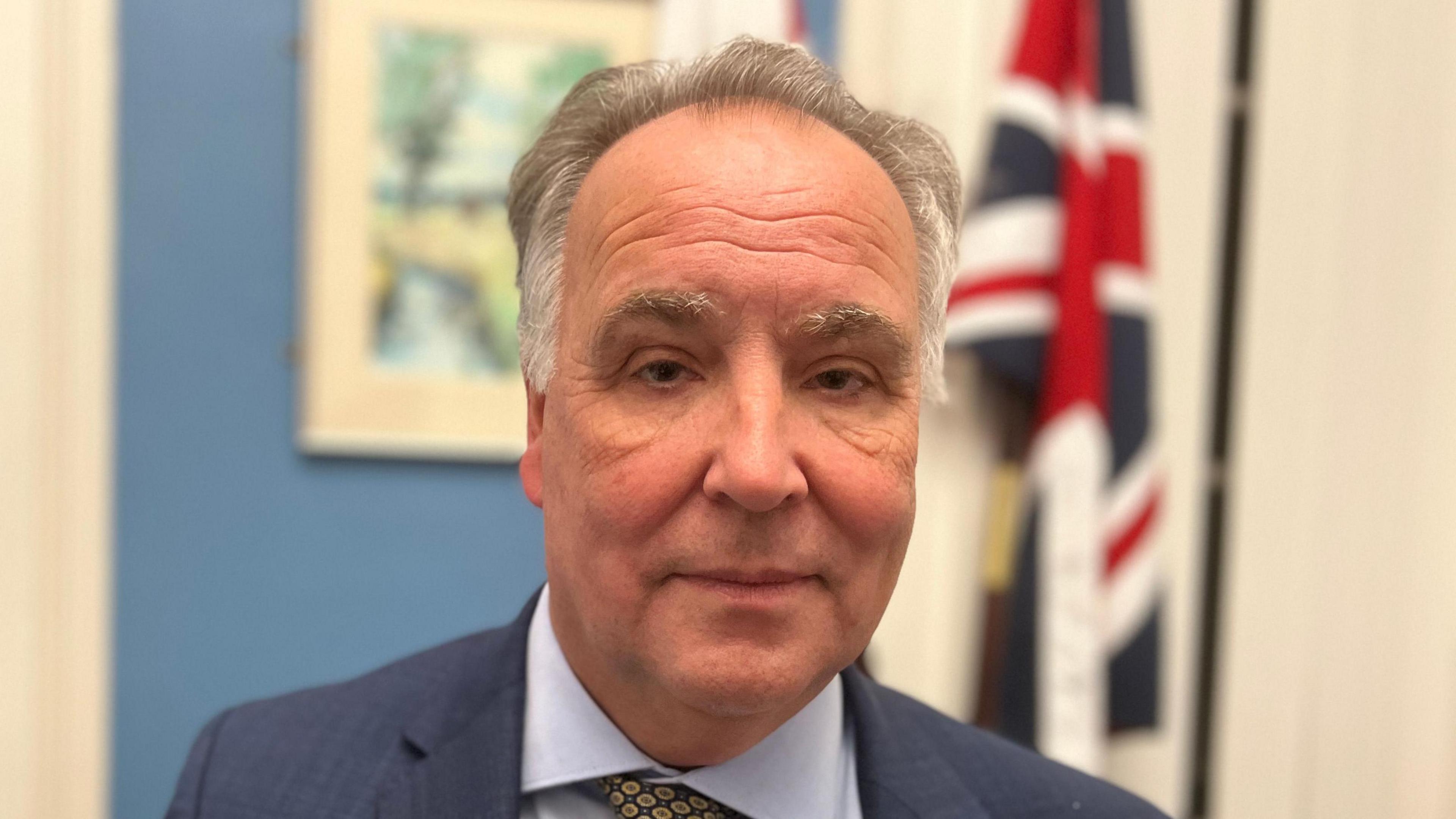
- Published30 May

- Published15 March 2024
